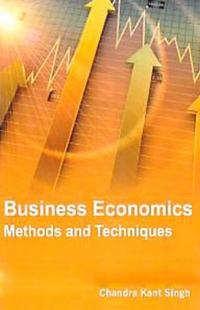Question
3. Changes in the money supply The following graph represents the money market in a hypothetical economy. This economy has a central bank, similar to
3. Changes in the money supply
The following graph represents the money market in a hypothetical economy. This economy has a central bank, similar to the Bank of Canada, called the Fed. Unlike in Canada, the economy is closed (that is, the economy does not interact with other economies in the world). The money market is currently in equilibrium at an interest rate of 6% and a quantity of money equal to $0.4 trillion, as indicated by the grey star.
New MS CurveNew Equilibrium00.10.20.30.40.50.60.70.88.07.57.06.56.05.55.04.54.0INTEREST RATE (Percent)MONEY (Trillions of dollars)Money SupplyMoney Demand
Suppose the Fed announces that it is raising its target interest rate by 75 basis points, or 0.75 percentage point. To do this, the Fed will use open-market operations to the money by the public.
Use the green line (triangle symbol) on the previous graph to illustrate the effects of this policy by placing the new money supply curve (MS) in the correct location. Then place the black point (plus symbol) at the new equilibrium interest rate and quantity of money.
Suppose the following graph shows the aggregate demand curve for this economy. The Fed's policy of targeting a higher interest rate will the cost of borrowing, causing residential and business investment spending to and the quantity of output demanded to at each price level.
Shift the curve on the graph to show the general impact of the Fed's new interest rate target on aggregate demand.
Step by Step Solution
There are 3 Steps involved in it
Step: 1

Get Instant Access to Expert-Tailored Solutions
See step-by-step solutions with expert insights and AI powered tools for academic success
Step: 2

Step: 3

Ace Your Homework with AI
Get the answers you need in no time with our AI-driven, step-by-step assistance
Get Started


